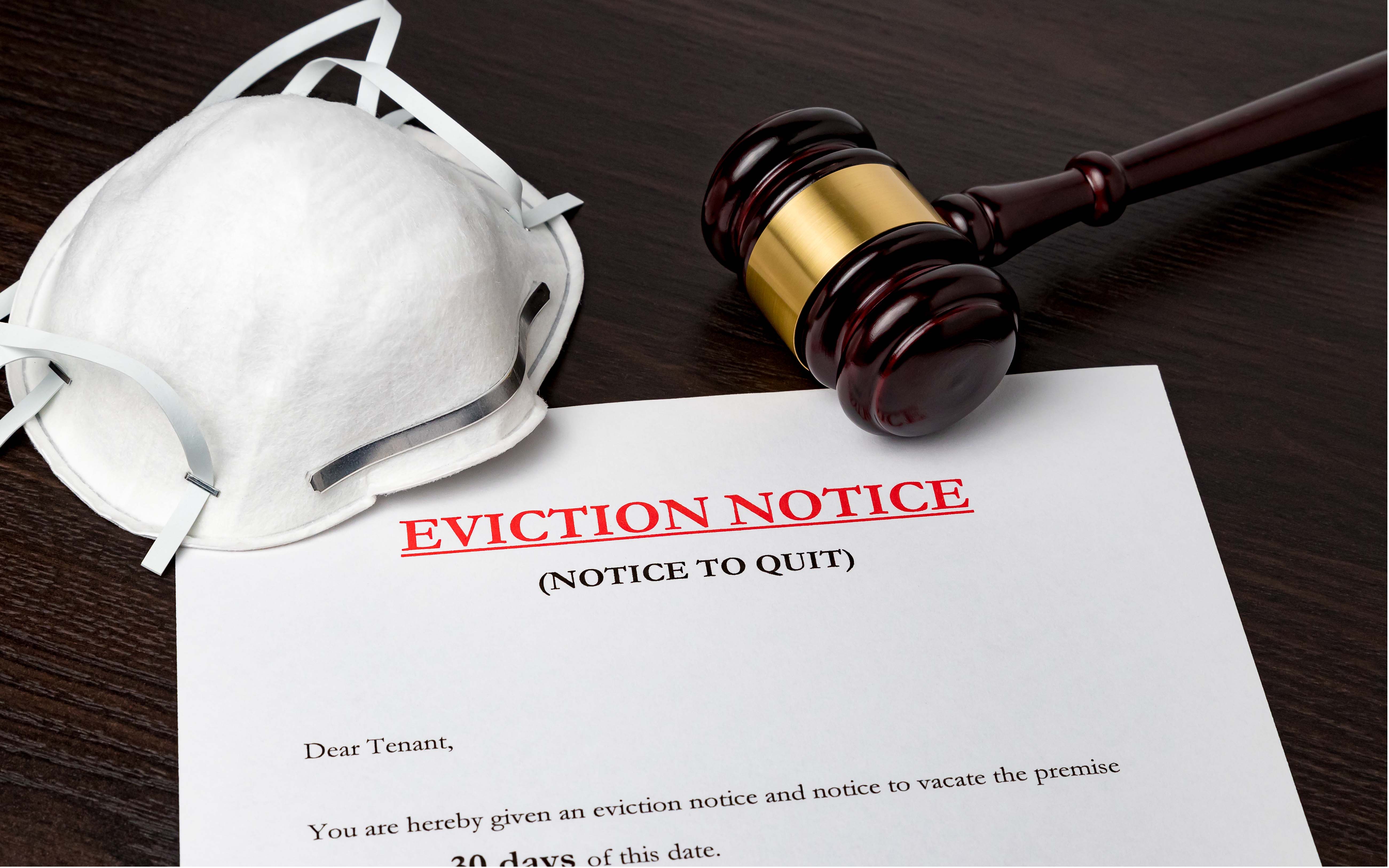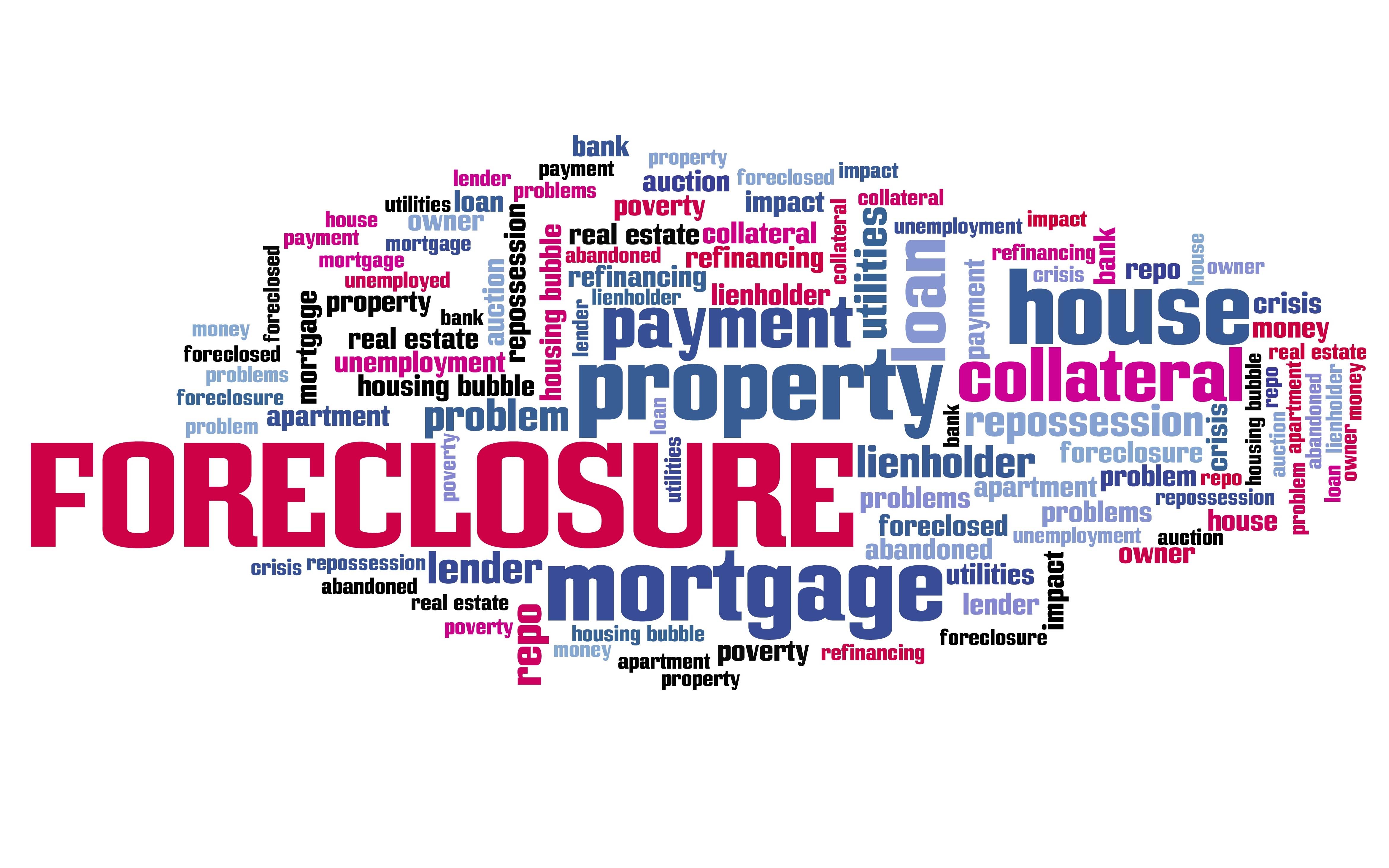Biden administration extends federal moratoriums, eviction bans through June 30
February 22-28, 2021
By Wesley Brown
As part of the President Joe Biden’s efforts to provide relief to thousands of Americans facing foreclosure or evictions, three federal agencies announced plans on Feb. 16 extend the federal moratorium for several relief programs set to expire at end of this month.
According to the Biden administration, the Departments of Housing and Urban Development (HUD), Veterans Affairs, and Agriculture will coordinate extension and expansion of their respective forbearance and foreclosure relief programs. These actions will directly benefit the 2.7 million homeowners currently in COVID forbearance and extend the availability of forbearance options for nearly 11 million government-backed mortgages nationwide, officials said.
Under the new extensions, the fourth since the COVID-19 crisis began in March 2020, the foreclosure moratorium for homeowners will continue through June 30, 2021. In addition, the so-called mortgage payment forbearance enrollment window for borrowers who wish to request forbearance will also be extended though the end of June.
Other actions taken by the new administration will provide up to six months of additional mortgage payment forbearance, in three-month increments, for borrowers who entered forbearance on or before June 30, 2020. “These critical protections were due to expire in March, leaving many at risk of falling further into debt and losing their homes,” Biden said in a statement. “Now, homeowners will receive urgently needed relief as we face this unprecedented national emergency.”
In a statement from the White House, the Biden administration said the COVID-19 pandemic has triggered a housing affordability crisis. Today, one in 5 renters is behind on rent and just over 10 million homeowners are behind on mortgage payments. People of color face even greater hardship and are more likely to have deferred or missed payments, putting them at greater risk of eviction and foreclosure, officials said.
Under the extended moratorium rules, HUD, and the Departments of Veterans Affairs, and Agriculture will work together to make sure that the above actions will reach the greatest number of Americans, officials said. HUD further announced extensions of the Federal Housing Administration’s (FHA) foreclosure and eviction moratoriums, as well as an extension of the initial start date of a COVID-19 Forbearance.
The FHA has extended the length of forbearance for some borrowers and will allow more borrowers access to COVID-19 loss mitigation options. These measures will provide relief to the nation’s homeowners with FHA-insured single-family mortgages who continue to suffer financially because of the COVID-19 pandemic.
“As President Biden has made clear, it is urgent that we help homeowners throughout the nation who are struggling financially from this unprecedented national emergency,” said Acting HUD Secretary Matthew Ammon. “The steps we are taking today will provide both immediate relief to those in desperate need of assistance and help more homeowners keep their homes and resume their payments when the pandemic subsides.”
Last week, the Federal Housing Finance Agency, the independent agency that oversees Fannie Mae and Freddie Mac, extended forbearance by three months for borrowers coming to the end of their forbearance period. Those coordinated actions are expected to cover 70% of existing single-family home mortgages across the U.S.
Formally known as the Federal Home Loan Mortgage Corporation (FHLMC), Freddie Mac is a public government-sponsored enterprise (GSE) that is ranked among the top 50 largest U.S. corporations. The McLean, Va.-based financier was created by the federal government in 1970 to expand the secondary market for mortgages that was monopolized by its bigger sibling, Fannie Mae, or the Federal National Mortgage Association.
COVID-19 mortgage deferrals now cover up to 15 months of missed payments
Under the FHFA programs, moratoriums on single-family foreclosures and real estate owned (REO) evictions will be extended until March 31, 2021. The foreclosure moratorium applies to single-family mortgages held only by Fannie Mae and Freddie Mac. The REO eviction moratorium applies to properties that have been acquired by an Enterprise through foreclosure or deed-in-lieu of foreclosure transactions. The current moratoriums were set to expire on February 28, 2021.
FHFA also announced that borrowers with a mortgage backed by Fannie Mae or Freddie Mac may be eligible for an additional forbearance extension of up to three months. Eligibility for the extension is limited to borrowers who are on a COVID-19 forbearance plan as of February 28, 2021, and other limits may apply.
Under the FHFA rules, COVID-19 payment deferral for borrowers with a Freddie Mae or Freddie Mac-backed mortgage can now cover up to 15 months of missed payments. COVID-19 payment deferrals also allow borrowers to repay their missed payments at the time the home is sold, refinanced, or at mortgage maturity.
“To keep families in their home during the pandemic, FHFA is allowing borrowers to be in COVID-19 forbearance for up to 15 months and extending the Enterprises› foreclosure and eviction extension,» said FHFA Director Mark Calabria.
Currently, FHFA projects expenses of $1.5 to $2 billion will be borne by the Fannie Mae and Freddie Mac due to the existing COVID-19 foreclosure moratorium and its extension. FHFA continues to monitor the effect of the COVID-19 servicing policies on borrowers, the Enterprises and their counterparties, and the mortgage market. FHFA may extend or sunset its policies based on the data and the health risk.
Ahead of the Biden’s moratorium extension, Jacksonville, Fla.-based mortgage and real estate data analytics firm, Black Knight Inc., reported that barring further action by the federal government, more than 600,000 seriously delinquent borrowers will reach the end of their allotted forbearance periods at the end of March.
According to a Feb. 1 report by the Jacksonville, Fla.-based mortgage and real estate data analytics firm, nearly 3.6 million 90-day defaults occurred in 2020 – the largest number since 2009. Of that total, 2.1 million homeowners currently seriously delinquent on their mortgage payments
At the current rate of improvement, there would still be approximately 1.5 million more serious delinquencies than at the start of the pandemic. As of mid-January, more than 2.7 million homeowners remain in active forbearance plans, with that rate of improvement slowing in recent months as well. Based on the average improvement from June 2020 through January 2021, there could still be more than 2.5 million active plans at the end of March.
“For the roughly 6.7 million Americans who have been in COVID-19 related mortgage forbearance at some point since the onset of the pandemic, the programs have represented an essential lifeline,” Black Knight President Graboske said before the Biden administration extended the federal moratorium through June. 30.
“The vast majority of plans have a 12-month cap on payment forbearance, though. And the various moratoriums which have kept foreclosure actions at bay over the past 10 months may be lulling us into a false sense of security about the scope of the post-forbearance problem we will need to confront come the end of March,” added Graboske.
“If homeowners are still facing foreclosure or related issues (some homes do not have a government-backed mortgage), they can call our Helpline at 501-376-3423 and we can try to work with them,” said Kendall Lewellen, attorney and housing group leader for the Center for Arkansas Legal Services (CALS).
In addition to the FHFA and other homeowner forbearance programs, the Centers for Disease Control and Prevention (CDC) has also issued a national moratorium on evictions for nonpayment of rent until March 31, 2021. Tenants seeking protection under the moratorium are required to submit a declaration statement to their landlord about their inability to make rent payments.
According to CALS, the Little Rock-based nonprofit law firm that provides pro-bono legal services to low-income Arkansans, the declaration must include statements about a tenant’s income, efforts to obtain government assistance, and inability to pay rent due to loss of income or significant medical expenses.
The declaration statement must also outline any efforts by tenants to make full or partial rent payments or provide information that the likelihood that eviction would cause them to be homeless or place them in close quarters with others amid the pandemic.
Once tenants have completed declaration statement, which is available online through CALS, they then must give it to your landlord. Those landlords who violate the order may be subject to a fine of no more than $100,000 if the violation does not result in death or one year in jail, or both, or a fine of no more than $250,000 if the violation results in a death or one year in jail, or both, or as otherwise provided by law.
However, the CDC moratorium does not prohibit evictions for reasons other than nonpayment of rent. It also does not relieve tenants of any obligation to pay rent owed or any late fees or other penalties.” You are encouraged to continue paying rent if you are able to avoid any large amounts due following the expiration of the moratorium,” CALS states on its website. “Tenants protected by the moratorium will still have to pay all rent due under the lease when the moratorium ends.”




